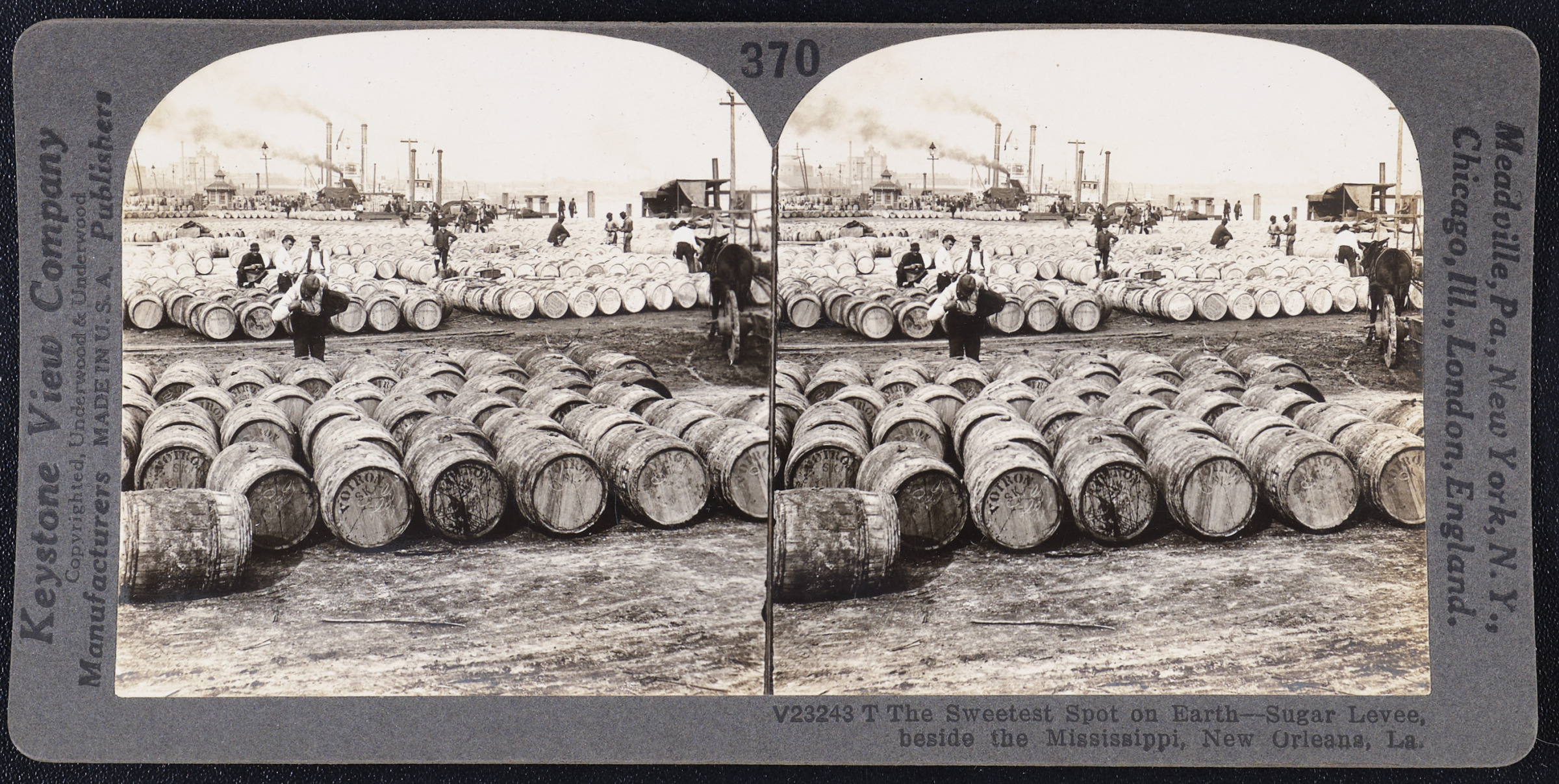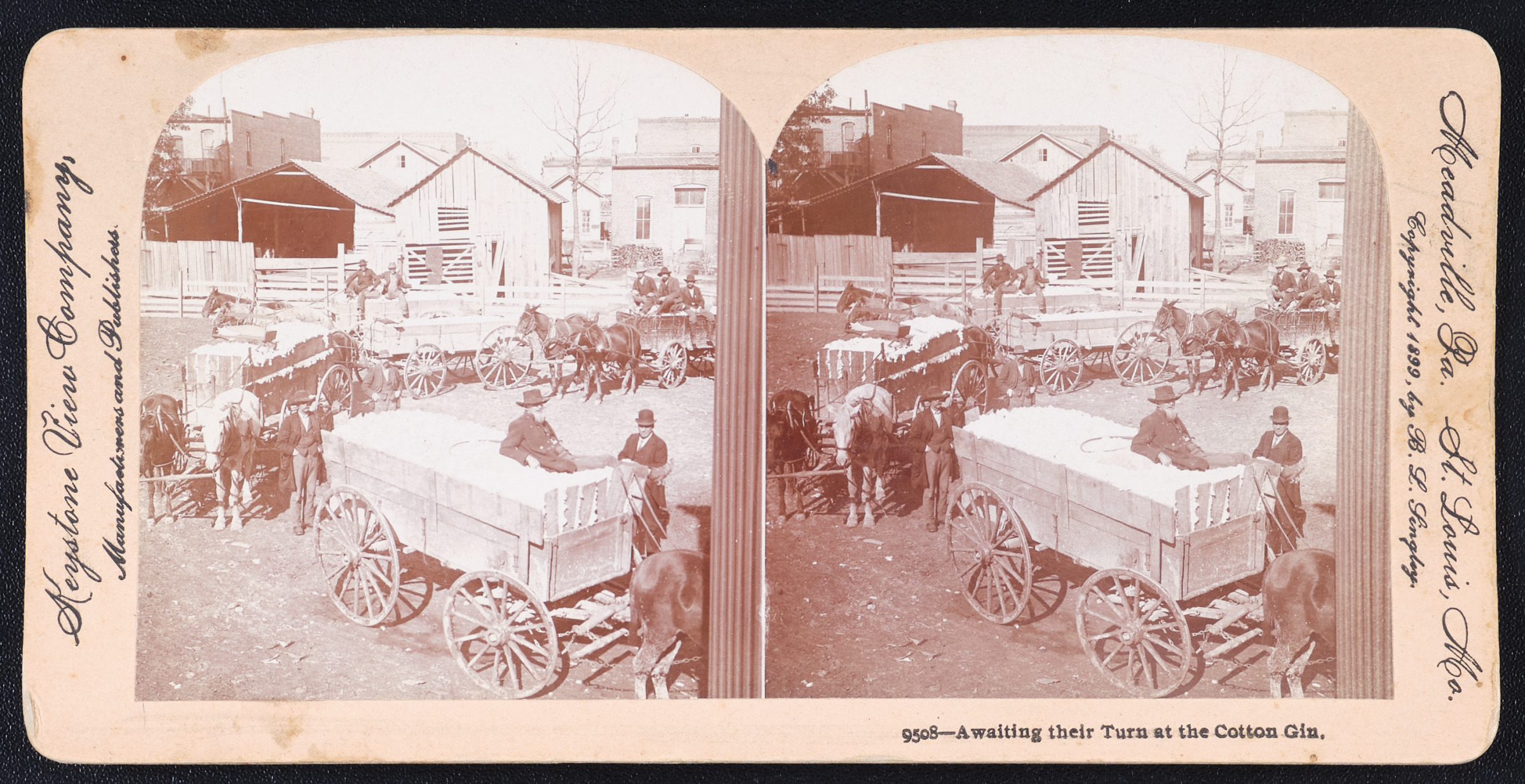Nude
Photographer once known

Details
Title
Nude
Artist/Maker
Photographer once known
Date
ca. 1855
Medium
Daguerreotype
Dimensions
Contact the museum for more information
Credit
Purchase with funds from a friend of the Museum
Accession #
74.204
Location
Currently not on view
The invention of the daguerreotype was first publicly announced at a meeting of the French Academy of Sciences in 1839. It quickly became popular and continued to be the favored photographic medium until the ambrotype—a faster and less expensive photographic process—was introduced in the mid-1850s. Daguerreotypes were designed for private consumption. Not only were they small, reflective, and delicate, they were unique objects, requiring the protection of a glass-cased, velvet-lined box. Many images like this one were produced in Paris—often in stereographic form, which heightened the illusion of three-dimensional space—where painters of nudes proliferated in the mid-nineteenth century. The realism of nude photography fueled Victorian debates about art and morality. Photography’s emerging role as an expressive medium was also being called into question. In 1859 French poet and art critic Charles Baudelaire famously offered a sharp condemnation of the use of photography within the arts, warning of its potential corruptive effects.
More from this Artist

The Sweetest Spot on Earth – Sugar Levee, beside the Mississippi, New Orleans, La.
Photographer once known









